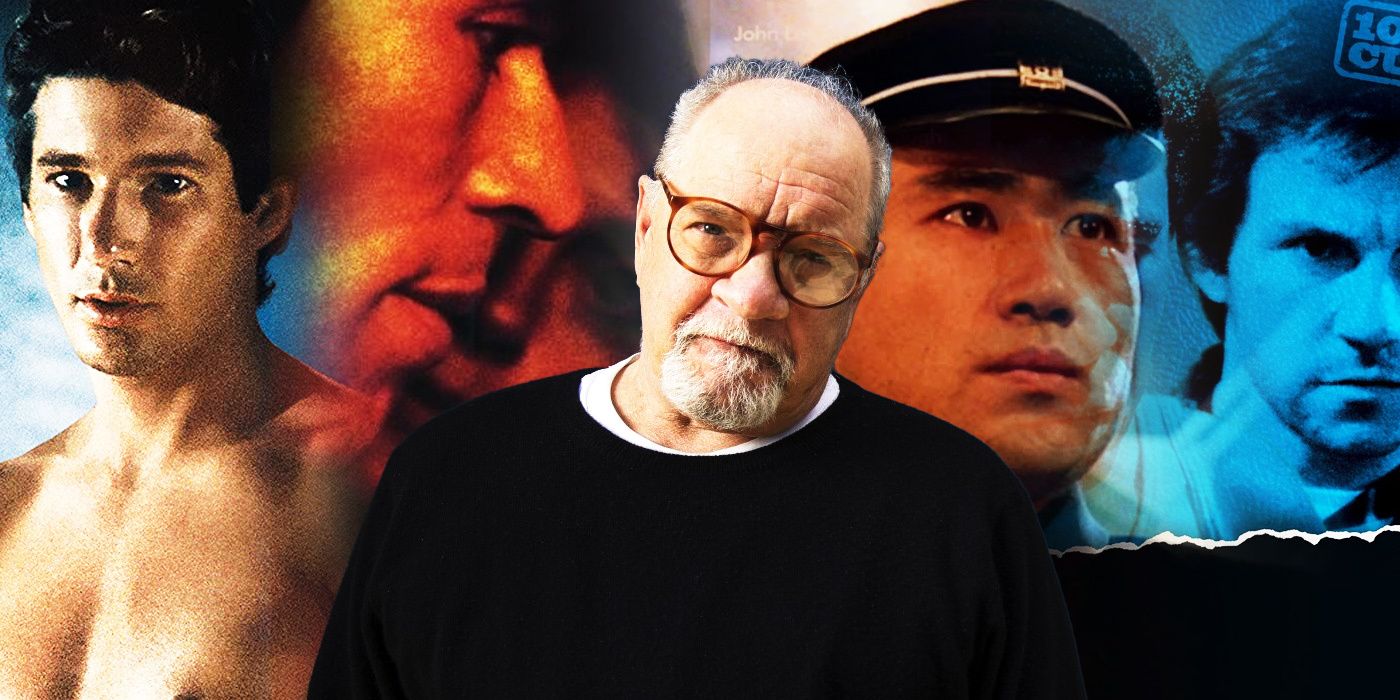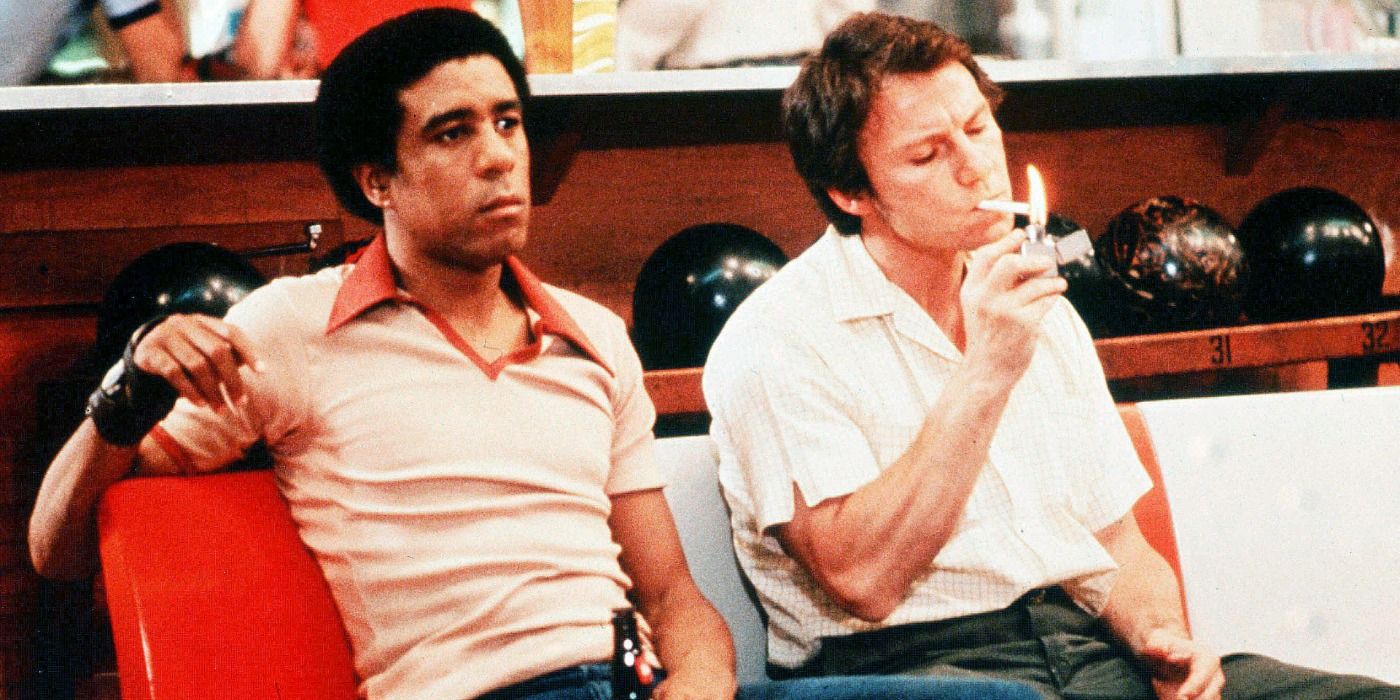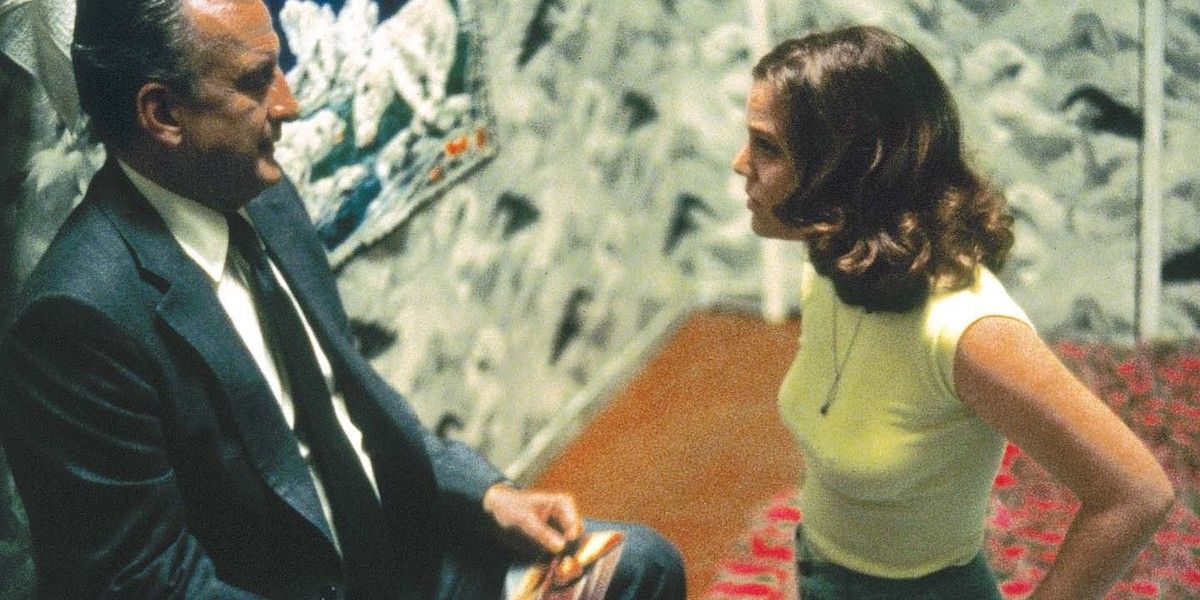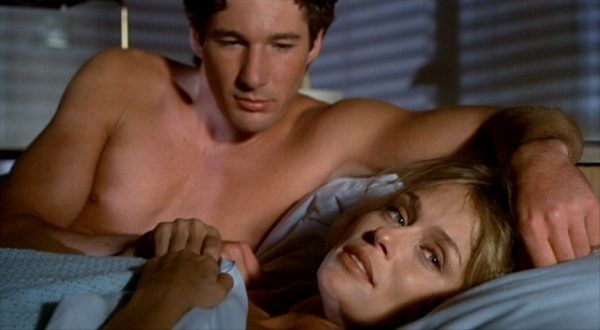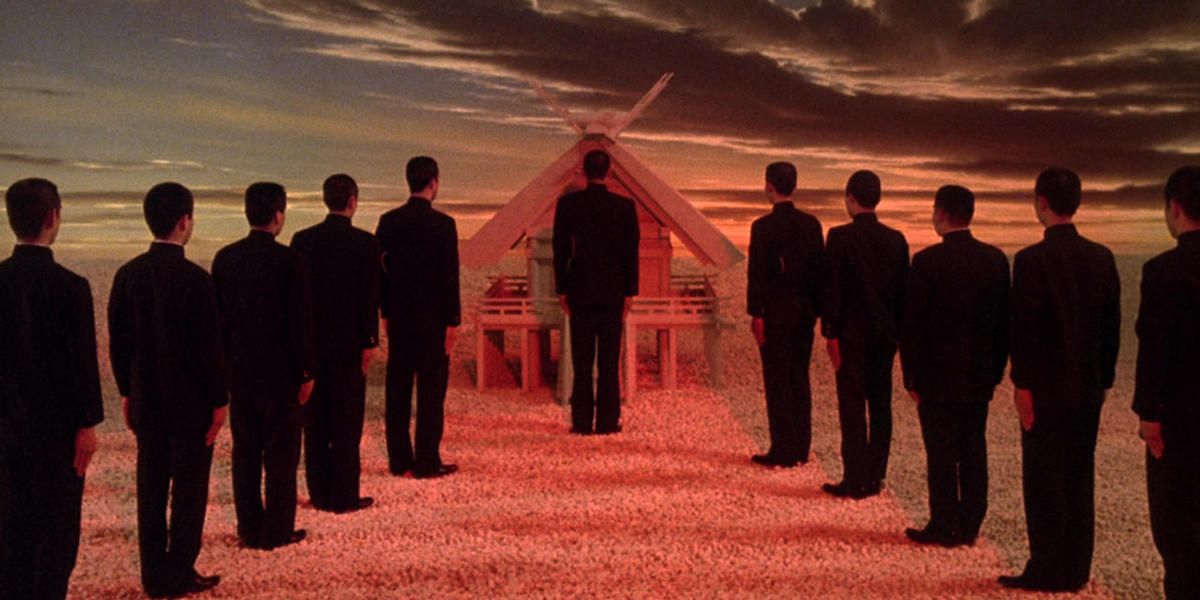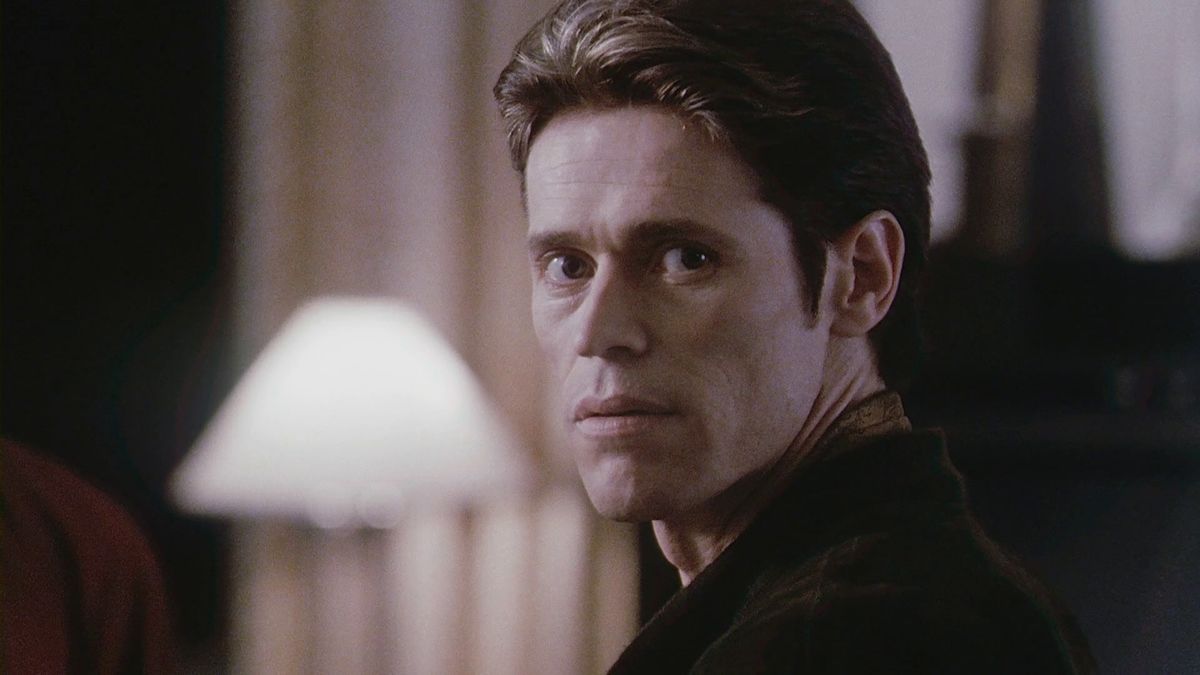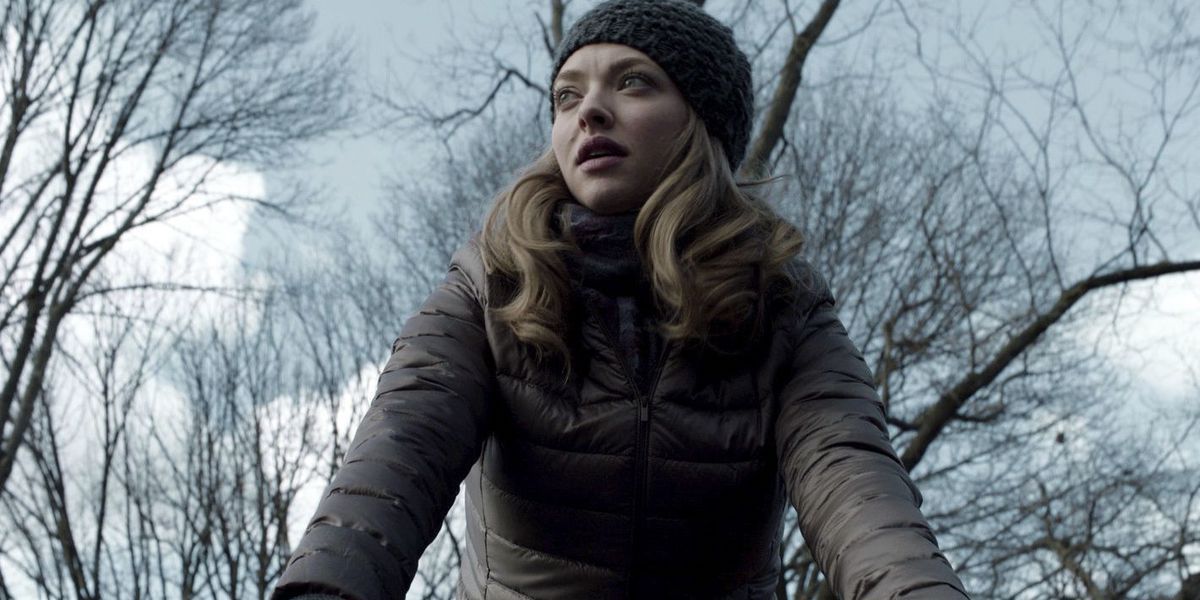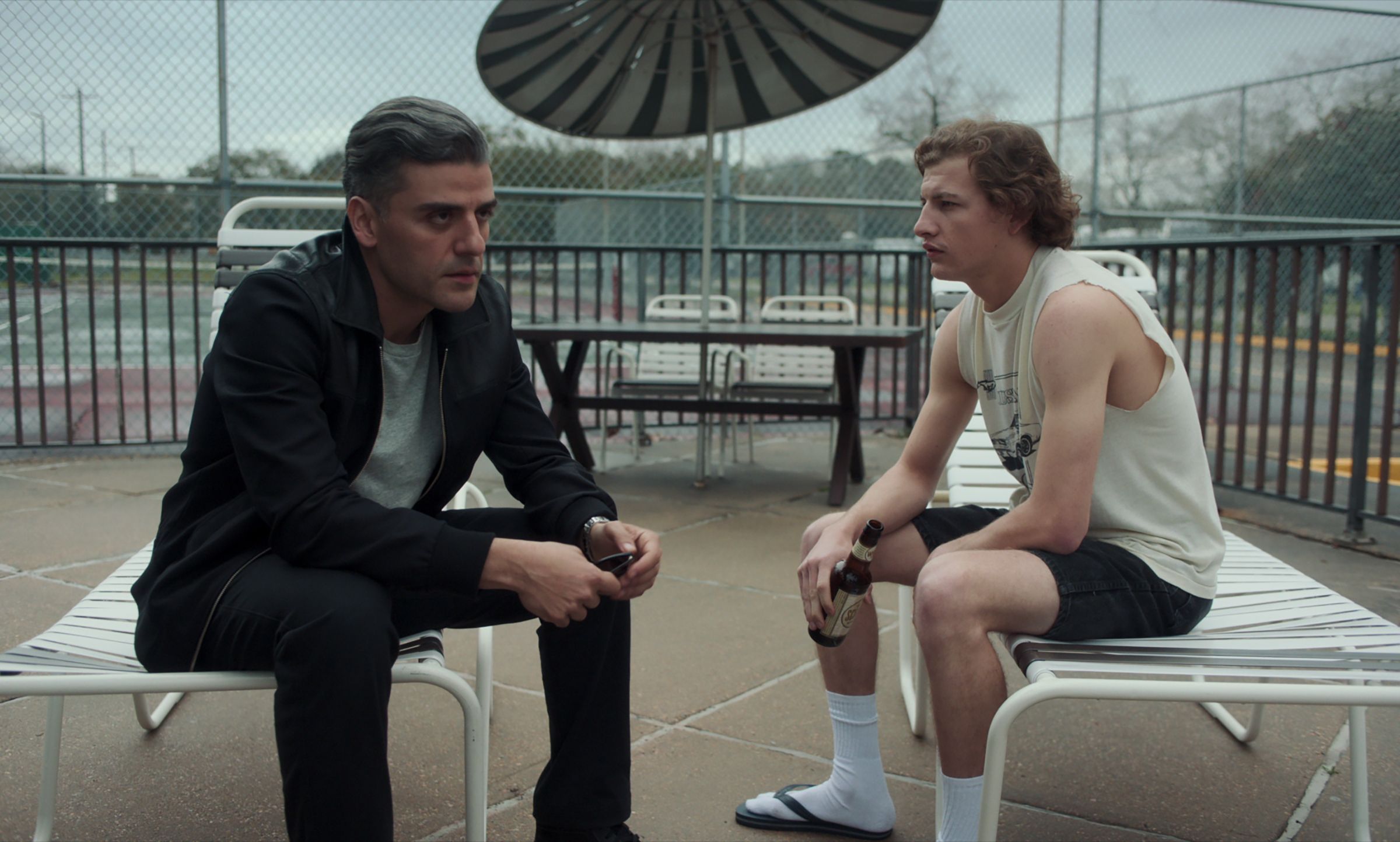Paul Schrader, one of the most crucial figures in '70s and '80s American cinema, has built an impressive career in the movie industry through writing scripts, directing films, and writing nonfiction books criticizing and theorizing a large variety of works. His book Transcendental Style in Film: Ozu, Bresson, Dreyer is a crucial entry in the field of contemporary film criticism and serves as an authority on the three filmmakers it discusses. Since the initial publication of this highly-acclaimed book, he's directed well over a dozen pictures across a wide variety of genres. Those unfamiliar with Schrader’s work as a director likely know him as the screenwriter for some of Martin Scorsese’s greatest works, Taxi Driver, Raging Bull, The Last Temptation of Christ, and Bringing out the Dead. These films, along with the majority of Schrader’s own work, grapple with familiar and recurring themes of morality, alienation, and self-destruction.
Though much of his directorial work is unjustly overlooked, Schrader's skill as a filmmaker is undeniable. His past as a film critic and theorist helped acquire him a tremendous skill in the medium, and his own work often draws from the three filmmakers studied in his breakout book. Even if his influences are often worn on his sleeve, there's little denying that his films created their own inimitable style. It's true that Schrader has plenty of work, but fear not! We've compiled a list of the seven most essential films from the writer/directors catalog for you to check out.
Blue Collar (1978)
Blue Collar, an ode to men of the working class, is an electrifying directorial debut from an already established scriptwriter. Harvey Keitel, Richard Pryor, and Yaphet Kotto star as a trio of autoworkers who become increasingly dissatisfied with their treatment at the hands of their bosses and union leaders. The three men are as mismatched as they come, yet they unite with one another due to shared opinions on the matter of their work. The movie is generally hard to pin down, with much of the dialogue frequently landing its humor, and with an unforgettable heist scene merging suspense with comedy (the masks worn by the men in order to conceal the identity are some of the most comically absurd disguises ever placed in such a scene).
Blue Collar showcases Paul Schrader's instant knack for direction from the starting scene, which features a wild montage of the autoworkers performing their jobs—all executed as a series of freeze frames set to Captain Beefheart’s “Hard Workin’ Man.” Earning devout admiration from such big names as Roger Ebert, Spike Lee, and Bruce Springsteen, Blue Collar is a searing drama about the ongoing fight between workers and their bosses. It's often stated that the set of the film was a powder keg, with none of the stars getting along with one another and Schrader experiencing a severe nervous breakdown that nearly led him to quit filmmaking. Thankfully, he stuck with it, and produced a number of excellent works into the following decades.
Hardcore (1979)
Paul Schrader dives into the world of prostitution and underground pornography films in 1979’s Hardcore. Jake, a devout Calvinist (George C. Scott) discovers that his daughter (Leslie Ackerman) has gone missing on a school trip. After hiring a sleazy detective (Peter Boyle), he discovers that his daughter has appeared in a number of underground pornographic films circulating around the dark side of Los Angeles. With no shortage of grit, the film captures the grimy underbelly of the city, showing the deep depravities some are willing to indulge in for money.
George C. Scott gives a devastatingly tortured performance as a man lost in his utter anguish. Instead of indulging in creating objective statements about morality, t film takes a generally complicated interpretation on sexuality when Jake’s conservatism is contrasted with the introduction of Nikki (Season Hubley), a sex worker who agrees to help Jake find his daughter. Hardcore is a fantastic early directorial work by Schrader fresh off the success of Taxi Driver, and a masterpiece of grimy noirish cinema.
American Gigolo (1980)
Richard Gere catapulted into stardom with American Gigolo, a film about a male prostitute and his involvement with a couple of high-profile clients, including the victim of a highly-publicized murder. Schrader skilfully crafts a neo-noir drama set in the glitzy, neon-drenched neighborhoods of Los Angeles, blending aspects of several genres along the way. American Gigolo further examines Schrader’s fascination with night workers, as seen in his script for Taxi Driver and continuing for the greater portion of his career thus far. Like these other works, the film lends empathy to characters belonging to otherwise maligned groups of society.
There’s something to be said for the movie’s refreshingly non-judgemental approach to its protagonist’s scandalous profession. To him—and to the film’s intent—it’s just a job like any other, and like all jobs, somebody’s gotta do it. Julian is made more relatable and likable largely due to Richard Gere’s effortless charm and vulnerability. With a throbbing synth score by Giorgio Moroder and slick costume design by Giorgio Armani, American Gigolo is a treat for the senses and the soul.
Mishima: A Life in Four Chapters (1985)
Renegade novelist, artist, and poet Yukio Mishima is brought to extravagant life in Mishima: A Life in Four Chapters. Here, Schrader films an unorthodox biopic, framing noteworthy milestones in Mishima’s (Ken Ogata) personal and creative life around vibrant vignettes adapted from the author’s most prominent novels. Even if it’s a lot to take in, somehow none of it seems disjointed. It’s clear throughout each short adaptation thematically aligns with the corresponding real-life events they bookend.
It would be more of a risk if all of it wasn’t so excellently executed. This is easily Schrader’s most visually daring (and impressive) film, featuring elaborately constructed and expressionist sets that give the adaptation segments a heightened fictionalized flair. It also manages to leap back and forth between black-and-white and lush colorful cinematography, never stumbling in the process. The movie’s themes of patriotism, masculinity, violence, and homosexuality tie in precisely with the themes of Mishima’s own work. Throw in a domineering performance by Ken Ogata and a legendary score by Philip Glass, and you’ve got one of Schrader’s most brilliant and uncompromising works.
Light Sleeper (1992)
Willem Dafoe plays a drug dealer on the road to going straight in 1991's Light Sleeper, a moody entry in Schrader's deeply brooding catalogue. Much in line with his other "man in a room" films, this picture features a high-strung insomniac disturbed by the darkness of the late night cityscape. The life of John LeTour, the movie's protagonist, is centered around two women, his recovering addict ex-lover Marianne (Dana Delany) and his drug supplier Ann (Susan Sarandon). His struggle to thrive and stay clean is shaken when Marianne reemerges after years of absence, all while Ann announces her retirement from the drug world.
Light Sleeper is arguable Schrader's most emotionally resonant films. Dafoe gives a layered performance as a man desperately trying to claw his way up in the world, willing to do anything to protect those he loves. Like most of the protagonists in the filmmaker's work, LeTour struggles with the isolation he forces upon himself. Soundtracked by some glistening pop hits from Michael Been and featuring some of Schrader's most skilfully restrained filmmaking, Light Sleeper is a beautiful meditation on perseverance
First Reformed (2017)
In First Reformed, Paul Schrader riffs on Ingmar Bergman’s Winter Light and Bresson’s Diary of a Country Priest to weave a timely yarn about faith and desperation in the modern era. Pastor Toller (Ethan Hawke) is a sickly, alcoholic preacher at a dwindling country church whose beliefs are turned on their head when introduced to the radical environmentalist husband (Phillip Ettinger) of one of his parishioners (Amanda Seyfried). Schrader utilizes a boxy 1.33:1 ratio to evoke the classical style of filmmaking that inspired him while creating some of the sharpest imagery of his career.
While much of the film’s heavy lifting comes from an unforgettable performance by Ethan Hawke, much praise is deserved for Schrader’s writing, which here is nearly at the sharpest it's ever been. Thanks to its layered, deeply rewarding script, First Reformed isn’t afraid to ask the bigger questions while juggling the urgent themes of climate change, environmentalism, and political corruption. There’s also the haunting ambient score by Lustmord, which helps steer the film’s deeply brooding tone into an unforgettable filmic experience in stark defiance of simple categorization.
The Card Counter (2021)
It’s impressive that this late into his career, Paul Schrader is able to adhere to the stylistic and thematic guidelines of his previous few decades and still make something fresh and original, as seen in The Card Counter. Deceptively disguised as a gambling story, the film burns a searing portrait of the titular card counter (Oscar Isaac) as he wrestles with severe PTSD from his military past. He soon takes the young Cirk Baufort (Tye Sheridan) under his wing, but the two men’s troubled pasts quickly complicate matters.
Schrader has always been a fan of a moral struggle. Practically every film in his oeuvre touches at least briefly on the subject, and The Card Counter basks gloriously in it. The movie has a tremendous sense of patience in slowly unwinding its story, but the time is spent wisely on thoroughly examining the psychology of its characters. Once again, timely political issues serve as a backbone to the narrative, with the treatment of prisoners in military prisons getting attention as an unfavorable chapter in America’s history. Oscar Issac demands complete attention in his complicated portrayal of a deeply conflicted man, one whose inner demons frightfully mirror those of the world at large.

